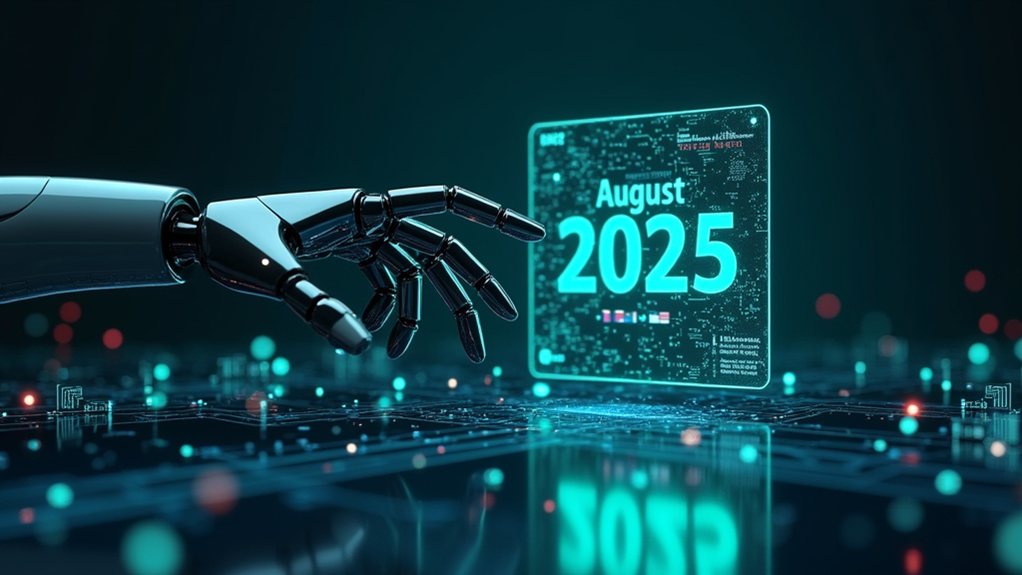OpenAI just kicked its profit-chasing habit, swapping its for-profit LLC for a shiny new Public Benefit Corporation suit. Why? They want to look good for regulators, scatter some trust pixie dust over their 35% public approval rating, and dodge lawsuits from folks like Elon Musk. Investors like Microsoft still hold plenty of sway, but the board can now boot management if they go full villain mode. Is their mission doomed? Not yet—but there’s more to this plot twist.
Even in an industry obsessed with disruption, OpenAI‘s latest plot twist has sent a few eyebrows orbiting low Earth orbit. The company, once the poster child for VC-fueled profit dreams, is now side-stepping full-throttle capitalism. Instead of releasing its for-profit arm to chase the next trillion-dollar valuation, OpenAI is doubling down on its nonprofit roots—sort of.
OpenAI’s latest move ditches pure profit-chasing, embracing its nonprofit DNA while keeping Silicon Valley on its toes.
The twist? The nonprofit’s board still holds the keys to the kingdom, with the authority to eject leadership à la Sam Altman’s drama in 2023. Sorry, Silicon Valley—no unfettered founder control here.
The restructured setup is, frankly, a legal and financial Rubik’s Cube. OpenAI’s for-profit LLC morphs into a Delaware Public Benefit Corporation (PBC). This isn’t just alphabet soup—PBC status means the company must balance profits with, you know, “benefiting all humanity.” (Yes, that’s the official mission statement, not a Marvel villain monologue.)
The nonprofit grabs a massive chunk of equity, which conveniently funds its moonshot projects in health, education, and public services. The cherry on top? Microsoft, after sinking $13B+ into OpenAI, gets a veto on the whole arrangement. Talk about a power couple.
Legal compliance isn’t just a box to tick—especially with Elon Musk’s lawsuit lurking and state attorneys general peering over the paperwork. OpenAI’s new structure signals it heard the critics: “We’re not Anthropic, but we can play the PBC game too.”
Investors, meanwhile, get the unlimited upside they craved, thanks to the axed profit-cap model. Employees and backers get more straightforward equity. SoftBank, for one, stays on board—assuming the changes happen by 2025.
Altman’s influence is far from diminished, but the “not normal company” mantra gets a regulatory upgrade. The nonprofit’s grip remains—think velvet glove, not iron fist.
Critics may still grumble about mission drift, but with AGI oversight, benefit commissions, and legal guardrails, OpenAI seems to be hedging its bets. This restructuring could help build trust in a market where only 35% of people currently trust AI technology. Will it work? Stay tuned. In AI, the next twist is probably just a board meeting away.








